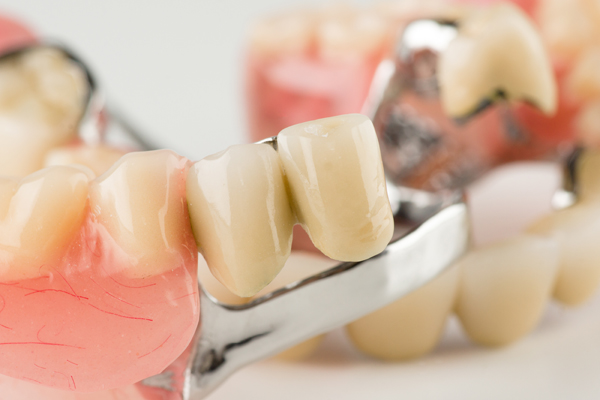What You Need to Know About Snoring and Oral Health

It is hard to miss the sound of someone snoring next to you, and, surprisingly, it may be caused by a person's oral health. Snoring is bothersome and has adverse effects on relationships. What happens is that during sleep, the muscles in the mouth, tongue and throat collapse, causing partial obstruction of the airway. As air flows past the soft tissues in the throat, it causes vibration and produces noise. The narrower the airway is, the higher the force of the air flow, which means more tissue vibration and loud snoring.
Causes of snoring
Snoring is a common condition because it has many causative factors, including:
- Nasal issues: Chronic nasal congestion can obstruct the air passages when breathing.
- Anatomical issues: Some people have naturally narrow airways caused by a low, thick palate, adenoids, large tonsils or elongated uvula. Overweight people often have narrow airways because of the fat tissues accumulated behind their throat.
- Excessive use of alcohol, tobacco and sedatives: Using these products regularly can cause the throat muscles to collapse and lower the body’s natural defense against airway inhibition, causing snoring.
Other factors that may contribute to snoring include age, gender, pregnancy and family history.
The relationship between snoring and oral health
The first impact of snoring on the oral cavity is xerostomia, also known as dry mouth. Xerostomia is a situation when salivary flow reduces and there is not enough saliva to moisten the oral tissues. According to the American Dental Association, dry mouth can cause different oral health issues, including halitosis (bad breath), infections and sores, burning mouth syndrome, gum disease and tooth decay.
The saliva is the mouth’s natural cleanser and helps to clean the gums, tongue and cheeks of dead cells. When they are not cleaned, these cells may decompose and cause odor. Lack of saliva in the mouth may lead to a burning sensation in the lips, tongue, throat, gums or the entire oral cavity.
Reduced saliva flow also promotes the infestation of harmful bacteria and other organisms in the mouth, causing sores and mouth infections. The mouth needs saliva to disarm the acids generated by plaque and clean the food particles in the mouth. Without saliva to cleanse and create buffering effects, gum diseases and tooth decay will have a field day. It is vital to abide by strict oral hygiene practices to limit the occurrence of these oral health issues.
Also, certain dental treatments for snoring have been known to have indirect implications on the oral cavity. Many users have reported that oral device therapy commonly used for treating snoring has some dental-related side effects. Certain research conducted to determine the effect of using an oral device to treat snoring found side effects such as dental discomfort, temporomandibular joint pain, excess salivation, facial muscle pain and bite changes. In most situations, the consequences were insignificant compared to the effectiveness of the device in treating snoring.
In conclusion
Snoring has consequences on oral health, whether directly or indirectly. Treatments are available for snoring depending on the causative factors. If you or a close relative is dealing with snoring, you should consult your dentist for an evaluation.
Request an appointment here: https://www.pacifichorizondentalarts.com or call Pacific Horizon Dental Arts at (714) 260-0763 for an appointment in our Placentia office.
Check out what others are saying about our services on Yelp: Read our Yelp reviews.
Recent Posts
There are many benefits to removable partial dentures instead of alternative treatment solutions (i.e., implant-supported bridges). Understanding the advantages of partial dentures can help you make the most informed choice possible about the best way to replace your missing teeth. Removable partial dentures are a form of teeth replacement for a section of missing teeth. They…
A TMJ Dentist is a dental professional who helps diagnose and treat problems with the temporomandibular joint (TMJ), which connects the jaw to the skull. Issues with this joint can cause pain, stiffness, and discomfort in the jaw. They can also lead to headaches, earaches, and trouble chewing. Visiting a TMJ dentist is an important…
Children's oral health lays the foundation for a lifetime of healthy smiles. Pediatric dentists can promote proper oral and speech development by identifying and treating dental issues early on. Since these dental providers complete the training necessary to deliver tailored care for the needs of young patients, they are typically the best choice for children's…
Are you thinking about getting dental sealants? While this preventive dental treatment is commonly used on children's teeth to prevent the formation of cavities, it can also protect adults' teeth. According to WebMD, dental sealant is a thin plastic coating painted on the chewing surfaces of teeth, usually the back teeth, to prevent tooth decay.Understanding…


